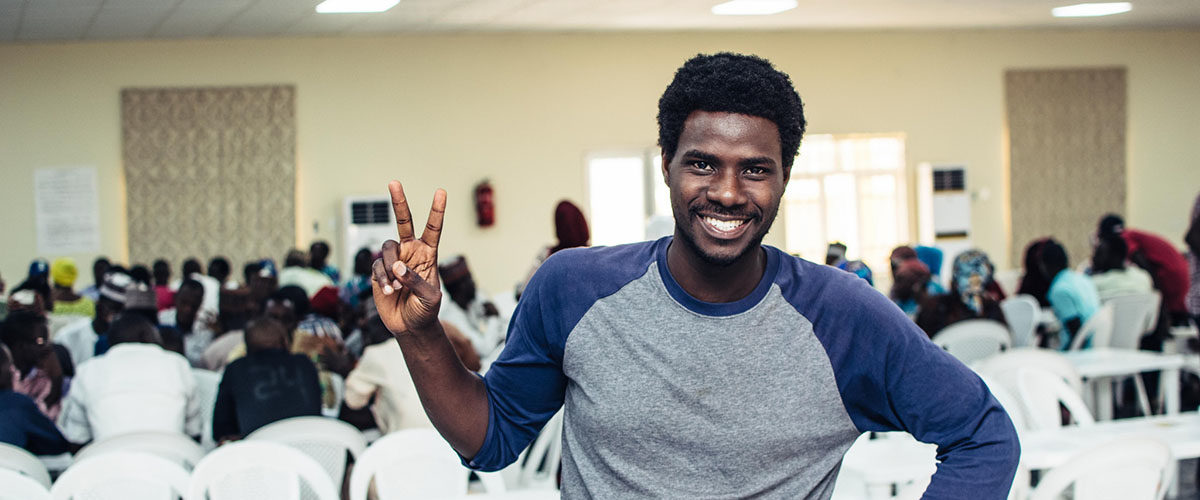Passwords should be as long and as complicated as possible. Most security experts believe a password of 10 characters is the minimum that should be used if security is a real concern. If you use only the lowercase letters of the alphabet, you have 26 characters with which to work. If you add the numeric values 0 through 9, you’ll get another 10 characters.If you go one step further and add the uppercase letters, you’ll then have an additional 26 characters, giving you a total of 62 characters with which to construct a password.
Most vendors recommend that you use non alphabetic characters such as #,$,and % in your password, and some go so far as to require it.If you used a 4-character password, this would be 62 × 62 × 62 × 62, or approximately 14 million password possibilities. If you used 5 characters in your password, this would give you 62 to the fifth power, or approximately 920 million password possibilities. If you used a 10-character password, this would give you 62 to the tenth power, or 8.4 × 1017 (a very big number) possibilities.
As you can see, these numbers increase exponentially with each position added to the password. The 4-digit password could probably be broken in a fraction of a day, while the 10-digit password would take considerably longer and much more processing power.If your password used only the 26 lowercase letters from the alphabet, the 4-digit password would have 26 to the fourth power, or 456,000 password combination. A 5-character password would have 26 to the fifth power, or over 11 million, and a 10-character password would have 26 to the tenth power, or 1.4 × 1014. This is still a big number, but it would take considerably less time to break it.Mathematical methods of encryption are primarily used in conjunction with
other encryption methods as part of authenticity verification.
The message and the hashed value of the message can be encrypted using other processes. In this way, you know that the message is secure and hasn’t been altered.Nigerians, as we continue to explore the world of IT, please let passwords management be at the back of our minds-it is from the day you start using a cellphone, opening a Yahoomail, joining people on facebook, you become vulnerable, perhaps, you don’t know- you are in an IT cloud, and it might soon start to rain!
